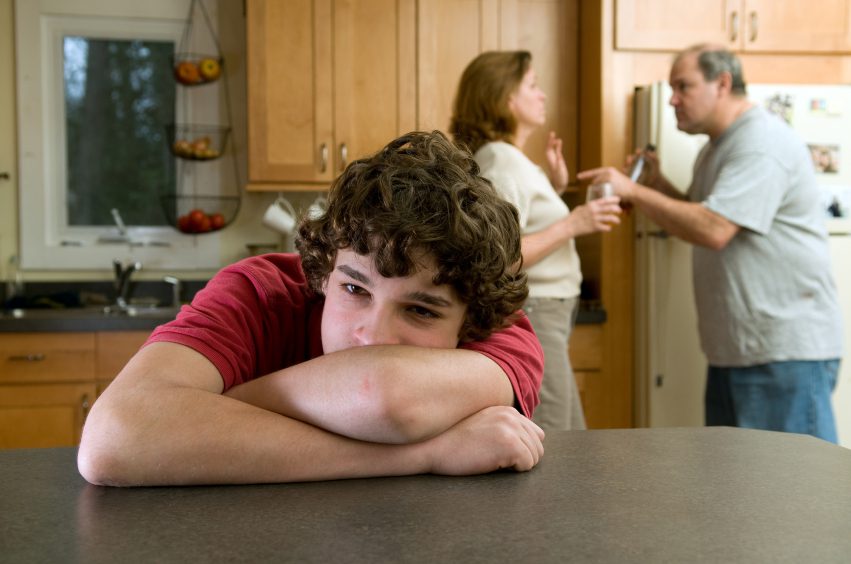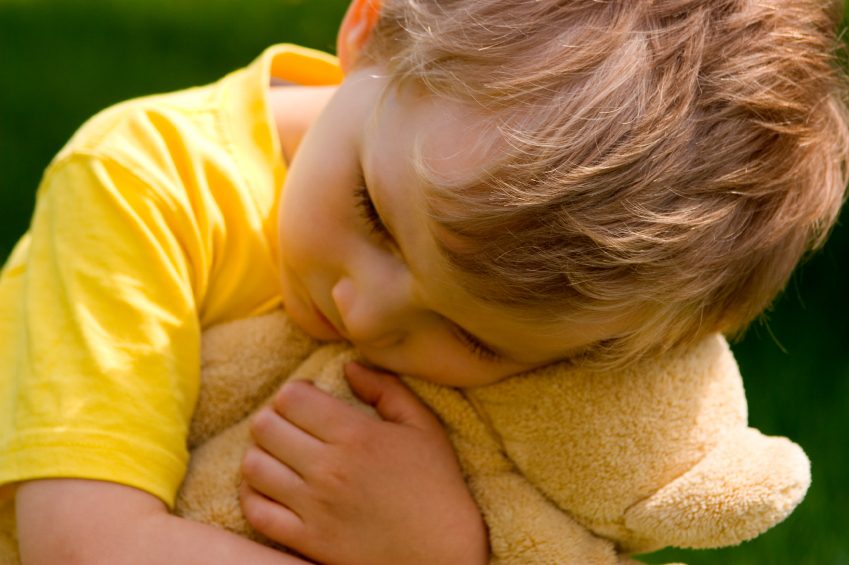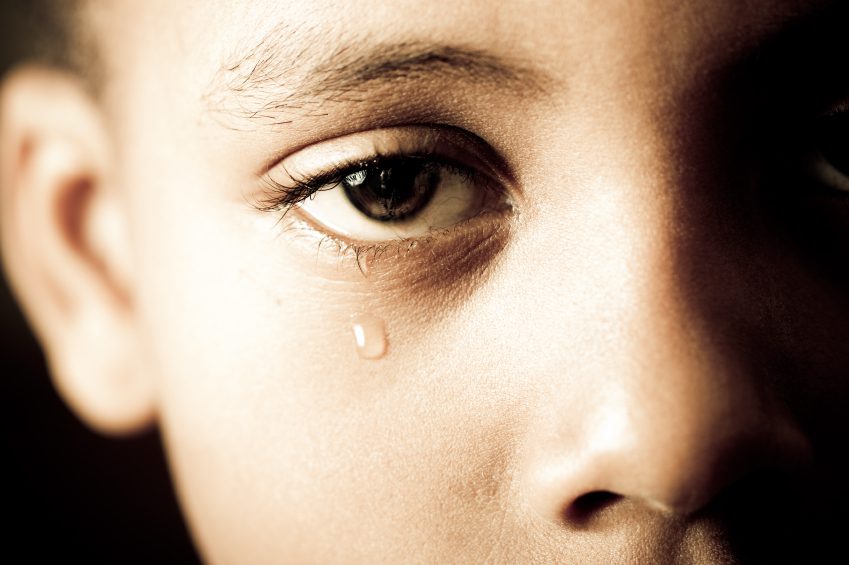Parenting Concerns
Why Does Play Matter?

Let’s talk about rats with toys, and rats without.
In fact, let’s put rats on hold for a moment. Let’s talk first about children’s museums; that’ll take us to rats and their toys, and move us nicely to the welfare of the brains of our children.
When Parents Have an Argument

My parents argued with each other.
Most parents do.
In fact, we worry more about the parents who never argue. If parents don’t argue, we worry that they’ve lost some of the passion to discuss (albeit vociferously!) the difficulties in raising a family.
When Is Getting a Firm Diagnosis Important?

Stephen’s parents were worried. Stephen was an active 7-year-old who was having trouble learning to read, and staying seated in class. Now that he was in second grade, he was having trouble completing homework.
What Is Child Development?

When Suzie was four years old, she was so excited.
The families in her neighborhood had all chosen the same crisp Sunday to rake all of the fallen autumn leaves.
What If My Child Won’t Part With His Special Toy?

There was a common conversation that often happened when I was in college.
“What,” we would ask each other, “was the name of the blanket you carried around when you were a kid?”
“Blanky.”
“Big Red.”
“Actually, I didn’t have a blanket. I had a stuffed elephant named Gilbert.
What If My Child Is Suicidal?

We’ve begun many of these posts with stories. We’re not going to do that with this post. When a child takes his or her life, we don’t need to make the post personal. The loss of a child to suicide is necessarily tragic, and deeply disturbing.
What If My Child Has Tantrums?

“Meltdown” is such a funny word to use for a tantrum.
The word itself actually comes from the nuclear industry. It refers to that horrific moment when the reactor core has burnt out of control, and at any given moment, radioactive dust will spew all over the sky.
What If My Child Has a Mental Illness?

What is mental illness?
Julie is 15 years old. She’s just returned to school after missing two weeks to receive treatment for wanting to harm herself by taking too much of an antibiotic that she found in her grandparents’ house.
What If My Child Has Bipolar Disorder?

Here’s a familiar, yet until recently almost–never-talked-about scenario.
Billy is 10 years old. He has freckles, wears a baseball cap almost all of the time, and has a best friend named Pete. When he’s happy, there’s no one better. He’s kind, empathic, playful, funny and fun-loving.
3 Things Technology Has Taken Away From You

Since there are only so many hours in the day, we figured that all the hours spent on the Internet must be subtracted from some other activity.




